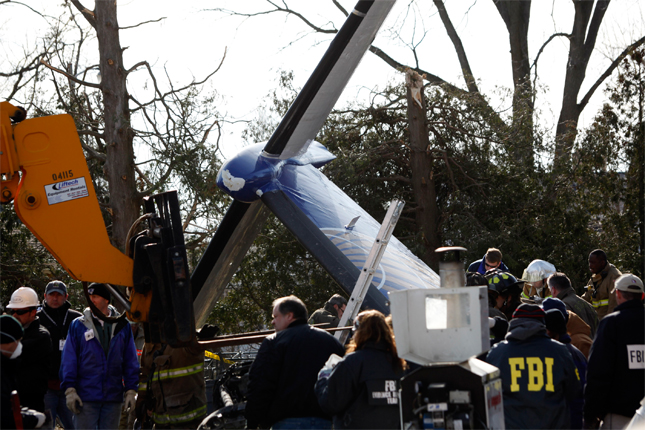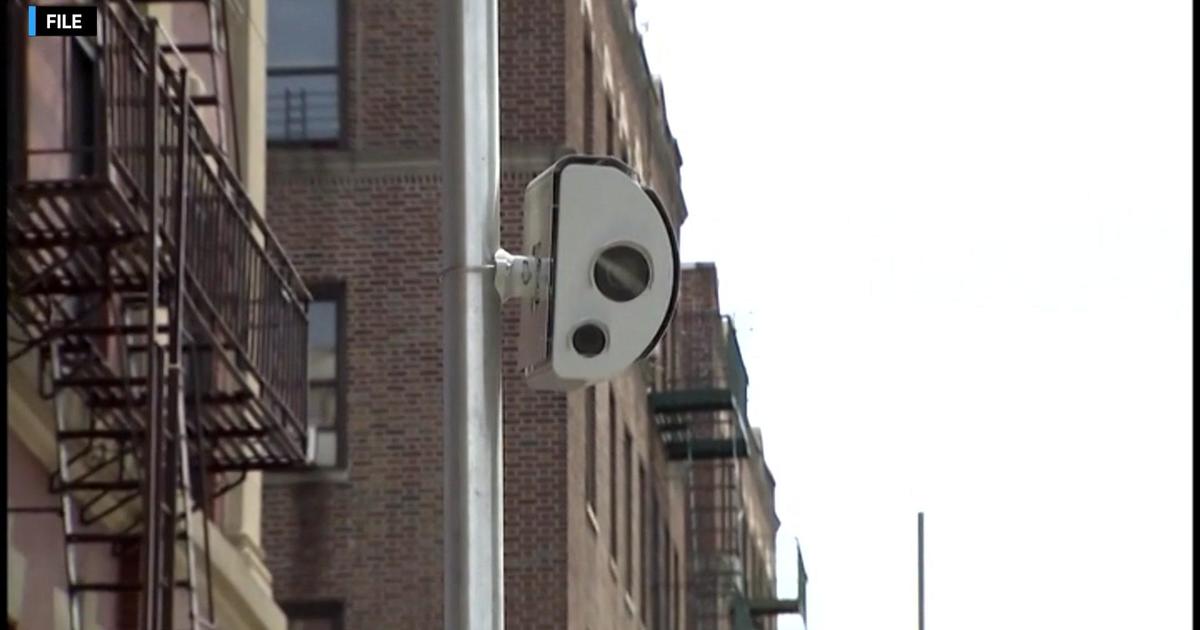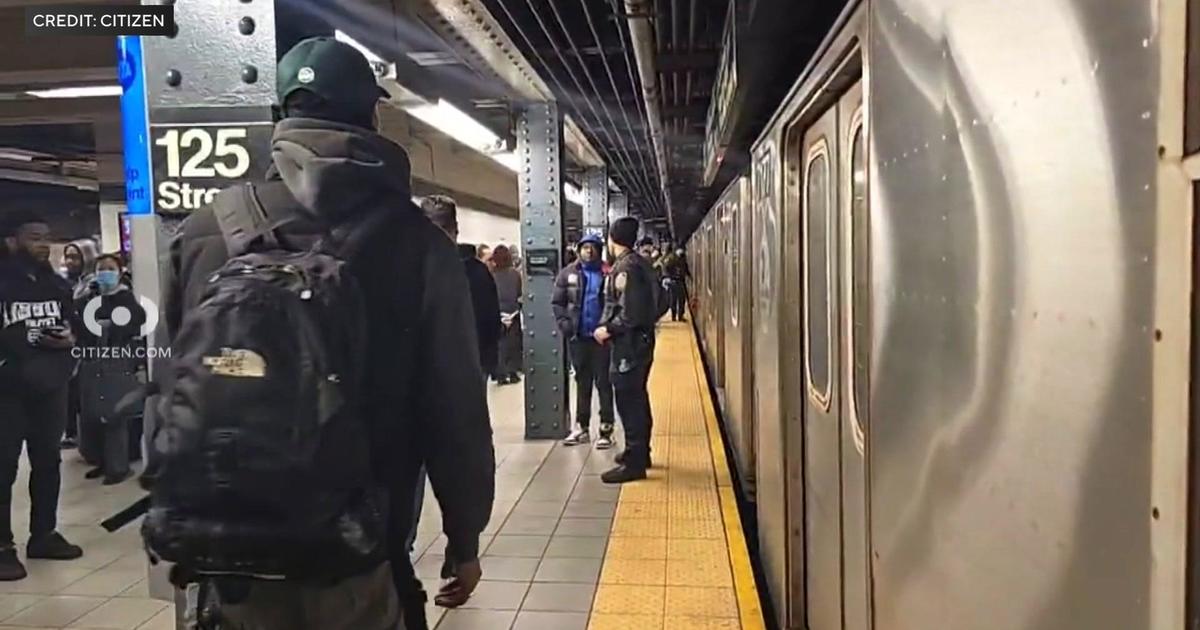NTSB Probes Safety Of Airline Partnerships
WASHINGTON (AP) -- When Elly Kausner, a 24-year-old Florida law student, bought a ticket online from Continental Airlines to fly home to see her parents in western New York, she had no idea the last leg of the flight would be on an airline she had never heard of -- Colgan Air. Her e-mail confirmation ended with a cheery "Thank you for flying Continental."
Kausner, along with 48 other passengers and crew members, and one person on the ground, was killed last year when Continental Connection flight 3407 crashed near Buffalo.
The National Transportation Safety Board began a two-day forum on Tuesday probing the safety implications of "code sharing" agreements like the one that allowed Continental to book Kausner a seat on a Colgan-operated flight, and whether larger carriers are ensuring the safe operation of their smaller partners.
The issue is an important one for anyone who flies in every part of the country. Regional airlines now account for half of domestic departures and a quarter of the seats filled with passengers. For more than 400 communities, they provide the only scheduled service.
The last six fatal domestic airline crashes all involved regional airlines. Pilot performance has been cited as a factor in four of those, including the Buffalo crash.
"Regional airlines can no longer be considered the minor leagues. They are major players in the airline industry and they are here to stay," NTSB chairman Deborah Hersman said.
Continental chief executive Jeffrey Smisek told a congressional hearing in June that his airline doesn't have the resources to oversee safety at all of its code-sharing partners. That responsibility, he said, belongs to the Federal Aviation Administration.
John Kausner, father of Elly Kausner, said he was outraged by Smisek's remarks.
Even if his daughter had known part of her flight was operated by Colgan Air, she couldn't be expected to make an informed determination of whether a small airline she was unfamiliar with was safe, said Kausner, of Clarence, N.Y.
It is essential to make sure pilots "have the same standards you make them have when they fly for the Continental people we bought the ticket from," Kausner said in an interview.
FAA Administrator Randy Babbitt said last year that he would look at whether the FAA has the authority to review code sharing agreements with regard to safety oversight by major carriers.
However, FAA spokeswoman Laura Brown said Monday the agency doesn't plan to review the agreements. She said all carriers -- large and small -- are held to the same minimum safety standards laid out in FAA regulations.
Babbitt has also leaned on major carriers to work voluntarily with their regional partners to adopt many of the crew training, aircraft maintenance and other safety programs at larger airlines that exceed FAA standards.
Airlines and FAA officials say the effort has been successful.
"Regional airlines fly under the same gold standards as the majors. There is one level of safety," said Roger Cohen, president of the Regional Airline Association.
But airline pilots say major carriers partner with regional carriers in part to cut costs. Regional carriers can't keep costs down, they say, by adding expensive safety programs and hiring more experienced pilots.
"I think they might be talking the talk, but there is no evidence they are walking the walk," said James Ray, a spokesman for the US Airlines Pilots Association, which represents pilots at US Airways.
While public focus has been on safety at regional airlines, NTSB is also exploring the code-sharing relationships and "alliances" between U.S. airlines and foriegn carriers. Delta Air Lines Inc. has a code-sharing arrangement with Aeromexico, and AMR Corp.'s American Airlines has one with Mexicana, for example.
When FAA downgraded Mexico's aviation safety rating earlier this year, U.S. airline officials said passengers booking flights were unlikely to notice any change except that the leg flown booked through the U.S. carrier but flown by the Mexican carrier would no longer carry the name of the U.S. carrier.
U.S. carriers are required to conduct a safety audit of their foreign code-share partners, but not their domestic partners. Most international carriers also demand their foreign code-share partners -- and sometimes their domestic partners -- complete a safety audit by the International Air Transport Association, a trade association for the airline industry.
Those audits are voluntary and aren't overseen by any government agency. Nor do airlines generally make the audits available to government regulators.




